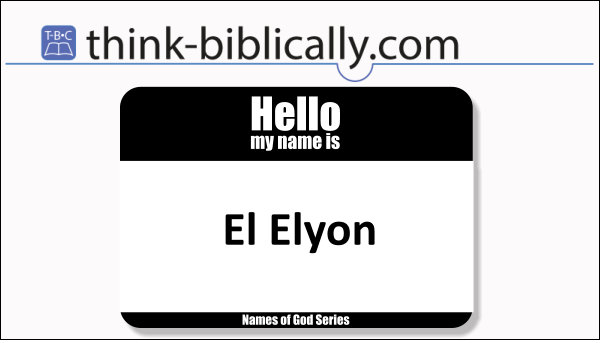By Tyson Thorne

Then King Nebuchadnezzar was startled and quickly got up. He said to his ministers, “Wasn’t it three men that we tied up and threw into the fire?” They replied to the king, “For sure, O king.” He answered, “But I see four men, untied and walking around in the midst of the fire! No harm has come to them! And the appearance of the fourth is like that of a god!” Then Nebuchadnezzar approached the door of the furnace of blazing fire. He called out, “Shadrach, Meshach, and Abednego, servants of El Elyon, come out! Come here!” —Daniel 3.24-26
It's one of my favorite stories in the Bible. Daniel is aparently out of town on some mission for the king, and during his absence his three friends and all citizens of the king's city are gathered and instructed to bow before the latest idol. All bowed with the exceptions of Shadrach, Meshach, and Abednego. They were promptly arrested and brought before the king who threatened their lives if they did not bow. Their response is one of the deepest and most theologically correct answers in history:
“We do not need to give you a reply concerning this. If our God whom we are serving exists, he is able to rescue us from the furnace of blazing fire, and he will rescue us, O king, from your power as well. But if he does not, let it be known to you, O king, that we don’t serve your gods, and we will not pay homage to the golden statue that you have erected.”
God so impressively came through for them in the fiery furnace that even King Nebuchadnezzar had to admit that the God of these three men was greater than the God his idol represented. So impressed was the king that he confessed their God to be El Elyon — the Most High God! This title is used in a couple other places in the Old Testament, the first of which is Genesis 14.18 where Melchidek, the king of Salem, is described as "the priest of El Elyon". The second is Psalm 78.56, an exodus psalm confessing that Israel challenged and defied El Elyon. Other uses include Psalm 9.2; Daniel 4.2, 5.18 and 5.21.
The Most High God, El Elyon, is a descriptive name of the Lord. From previous studies we have learned that El is the generic Near Eastern word for God. The word Elyon has a range of meaning from "go up" or "ascend" to "highest" or "uppermost." When combined, the literal rendering is "the extremely exalted and sovereign high God". In light of the mass shooting at the Tree of Life Jewish temple last week it is easy to lose sight that there is in fact a Most High God. El Elyon cares for his people and shows up in a big way throughout history. While natural and supernatural evils assail us on every side, God is not unconcerned or silent; he is personal, he is involved, and he cares for everyone — victim and survivor alike.